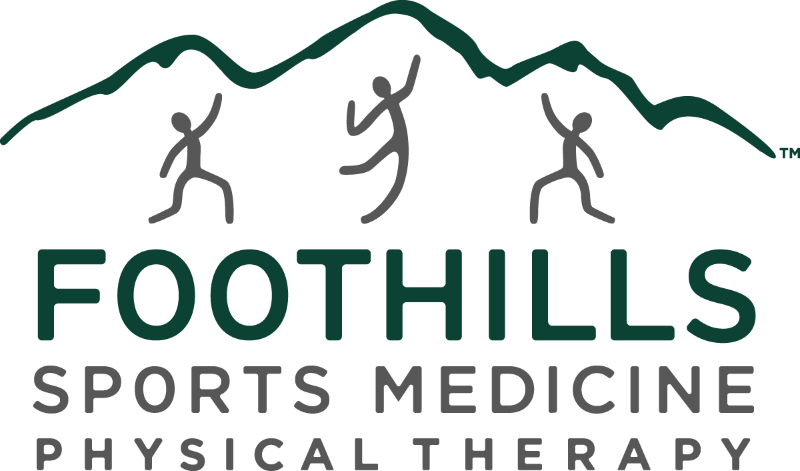Foothills is a group of locally-owned Phoenix physical therapy clinics that provide healthcare services to patients across the Valley. Our mission is to provide every patient with hands-on, individualized care to ensure they receive the greatest possible benefit from treatment. To schedule a free assessment with one of our therapists, simply go online here today. For more information about Phoenix physical therapy, follow our blog!
Steven Seibel, PTA and Certified Strength and Conditioning Specialist, has been a valued member of the Foothills staff for years. His experiences as an athlete, trainer, and therapist have allowed him to work with a wide variety of patients, including those undergoing total knee replacement surgery. He explains why patients should reach out to a therapist before their knee surgeries, and how it will benefit them.
Dr. Richard Snow at OhioHealth reports that in 2014 there were over 700,000 total knee replacement (TKA) surgeries performed in the United States, and the number of TKA procedures is predicted to increase anywhere from 1.7 to 6.7 times by 2030. Due to the rising number of TKAs in the US, patients should prepare for more than just post-operative rehabilitation. Research has demonstrated that performing a prehabilitation program prior to the TKA procedure provides several benefits to the patient, and enhances their overall recovery.
Generally, patients who require a TKA have developed severe osteoarthritis and have been living with discomfort for a long time. In order to cope with these symptoms, patients tend to develop compensatory movements. This can lead to strength and flexibility restrictions in the affected lower limbs, in addition to low back and hip pain. Foothills Sports Medicine’s physical therapists can address these impairments prior to surgery.
According to recent report in The Journal of Strength and Conditioning Research, one study showed that patients who participated in a prehabilitation program 4 to 8 weeks prior to surgery increased their knee extension strength by 10%, and participants who did not complete prehabilitation actually lost knee extension strength leading up to surgery. In addition to increases in lower extremity strength and function, completing prehab can translate to major savings in healthcare costs.
An analysis of Medicare claims reported that performing a prehabilitation program 6 weeks prior to the scheduled surgery reduced health care costs by 29%, which translates to a savings of $1,215 per patient. With nearly 700,000 TKAs per year, this could lead to significant savings for both the patient and health insurance companies. Another study showed that prehabilitation could reduce the need for acute care rehabilitation. It showed that 80% of patients required acute care rehab following surgery if they did not complete prehabilitation, while only 54% of patients required acute rehab if they did complete prehabilitaion. Therefore, it is clear that completing a comprehensive prehabilitation program can save healthcare dollars by reducing total time needed for rehab and less time in an acute rehab facility.
An example of a sample prehabilitation program that I tend to use with my patients consists of the following exercises: quadriceps sets, hamstring sets, mini squats, standing hip abduction and standing hip extension, stationary bicycle, heel slides, heel props, hamstring stretch, and leg press. These exercises concentrate on improving lower extremity strength, knee range of motion, and lower extremity flexibility. I tend to have patients start with two sets of ten reps (2×10) for the exercises, and then I progress repetitions to 3×10, then 3×15, while simultaneously increasing resistance. For stretching, they perform 3 sets of 30-second holds to improve flexibility. All exercises should be completed to tolerance with no increase in discomfort noted.
Make sure to schedule an appointment with one of Foothills’ Phoenix physical therapy clinics 6 to 8 weeks prior to your TKA to improve knee strength and reduce your post-operative recovery time and healthcare expenses. If your insurance does not cover both prehab and rehab treatment visits, we can provide a home exercise program consisting of beneficial exercises to provide an optimal recovery.
Why Prehabilitation for Total Knee Replacements Matters




